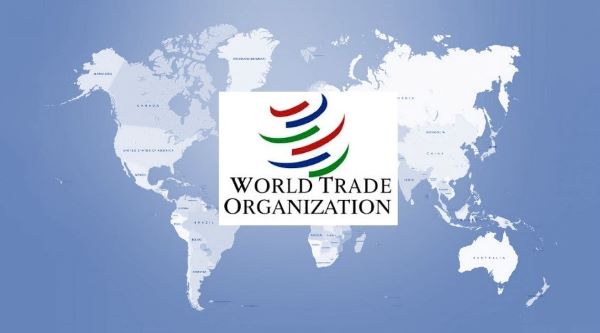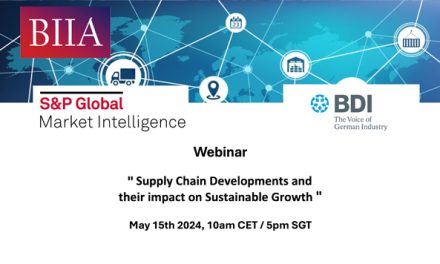Global trade could fall by 32% as a result of the ongoing coronavirus pandemic, putting the world at risk of a new Great Depression, warns the World Trade Organization (WTO).
The crisis has forced governments to take unprecedented measures to protect people’s lives such as border shutdowns, but unavoidable declines in trade and output will have “painful consequences” for households and businesses, the WTO said. It predicted trade will fall steeply across all regions and sectors of the economy, by at least 13%, in 2020.
 “If the pandemic is not brought under control, and governments fail to implement and coordinate effective policy responses, the decline could be 32% or more,” it warned. “These numbers are ugly – there is no way around that. Comparisons with the financial crisis of 2008 and even the Great Depression of the 1930s are inevitable,” said WTO director-general Roberto Azevêdo.
“If the pandemic is not brought under control, and governments fail to implement and coordinate effective policy responses, the decline could be 32% or more,” it warned. “These numbers are ugly – there is no way around that. Comparisons with the financial crisis of 2008 and even the Great Depression of the 1930s are inevitable,” said WTO director-general Roberto Azevêdo.
Bringing the pandemic under control is the immediate task at hand but policymakers must also start planning for the aftermath of the pandemic.
“A strong rebound is more likely if policymakers show businesses and households reason to believe the pandemic was a temporary, one-time economic shock. To do this, fiscal policy, monetary policy, and trade policy must all pull in the same direction,” Azevêdo added. “A turn towards protectionism would introduce new shocks on top of those we are currently enduring. Keeping markets open to international trade and investment would help economies recover more quickly.”
Separately, a report by Oxfam has warned half a billion more people could be pushed into poverty in the economic fallout of the virus, resulting in half of the world’s 7.5bn population living in poverty.
Analysis conducted by Kings College London and the Australian National University found the crisis could put progress in the fight against poverty back by as much as 30 years in sub-Saharan Africa, the Middle East and North Africa.
Oxfam urged world leaders to agree on an economic rescue package to provide the $2.5tn the UN estimated is required to keep poor countries and communities afloat.
Source: CIPS.org/supply-management news


























